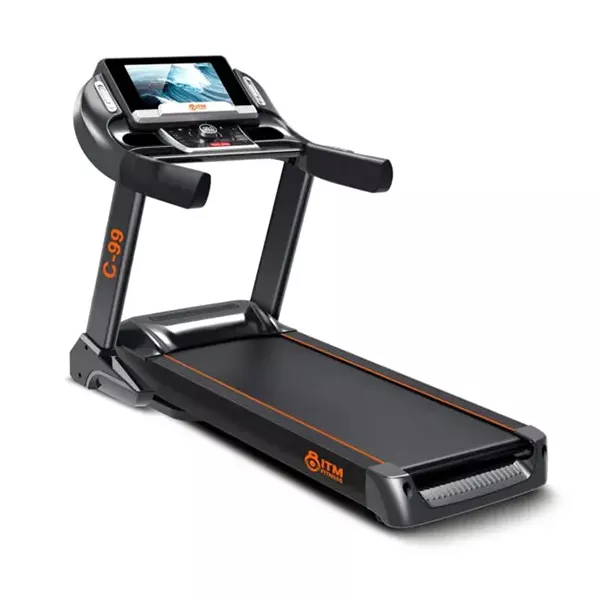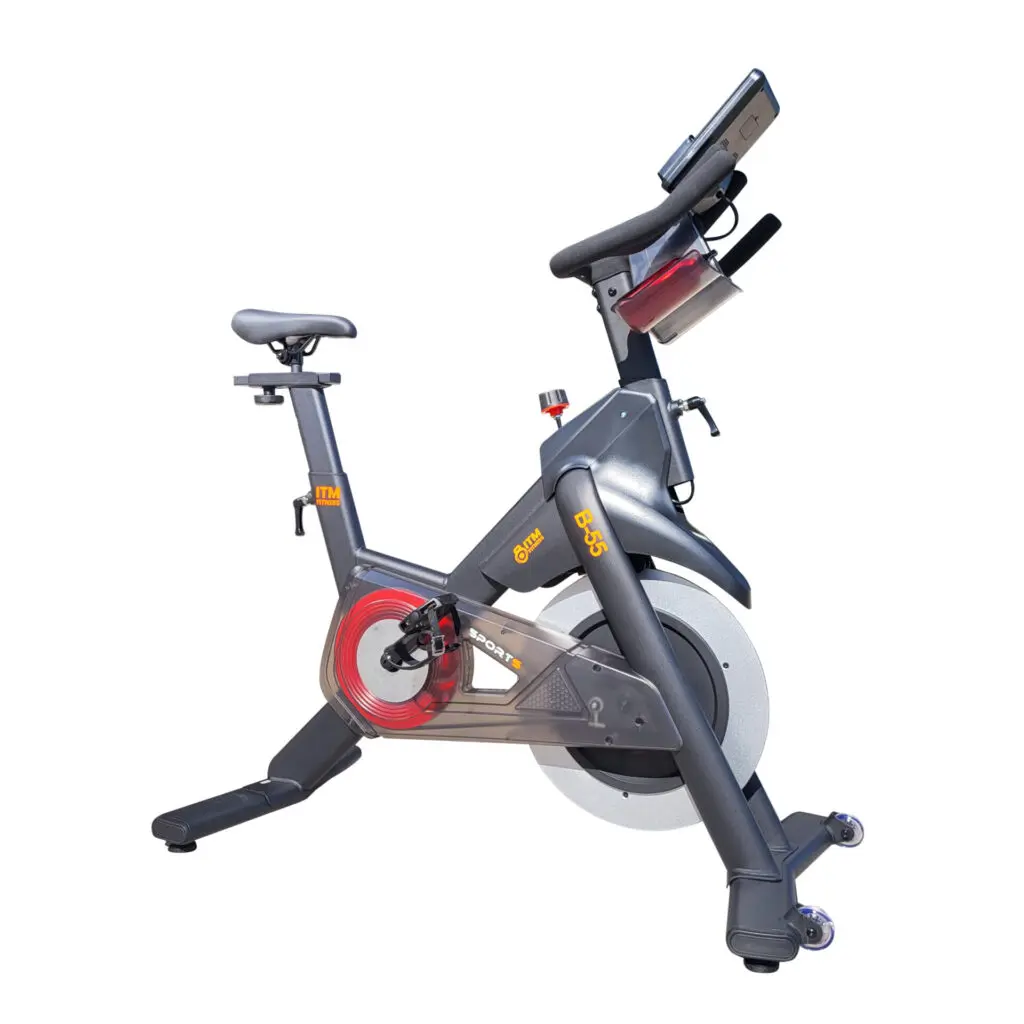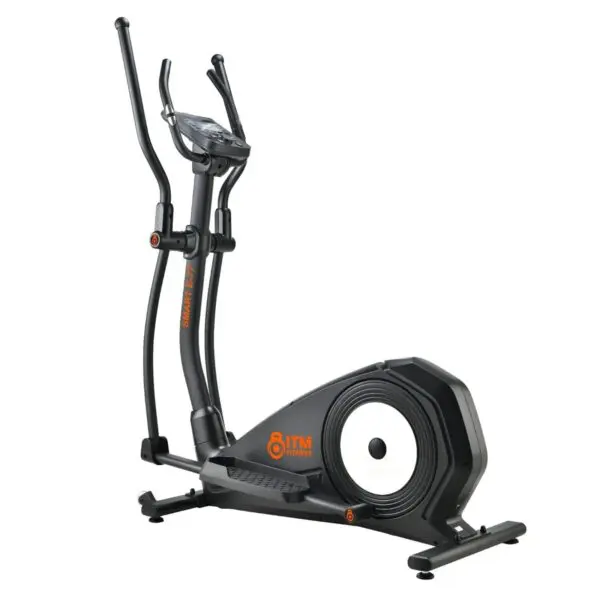Keeping Hydrated When Working Out
Why hydration matters?
Hydration is crucial during exercise, whether you’re a weekend warrior or an elite athlete. Here’s a comprehensive guide on what to drink before, during, and after your workout to ensure optimal performance and health.
Your body is about 60% water, which is vital for all biological processes. During exercise, you can lose a significant amount of fluid through sweat and breathing—up to a litre or two per hour. If you don’t replenish these fluids, you risk dehydration, which can affect both your overall health and exercise performance. Dehydration can make you tire quickly and impair your body’s temperature regulation.
Drinking water before, during, and after exercise boosts energy levels and can help prevent cramps. It might not be obvious, but staying hydrated before a workout is essential, especially in hot weather. Dehydration before exercising can increase your internal temperature rapidly, put extra strain on your heart, and degrade performance, potentially leading to heat stroke. To check your hydration level, look at your urine color—it should be a light straw color.
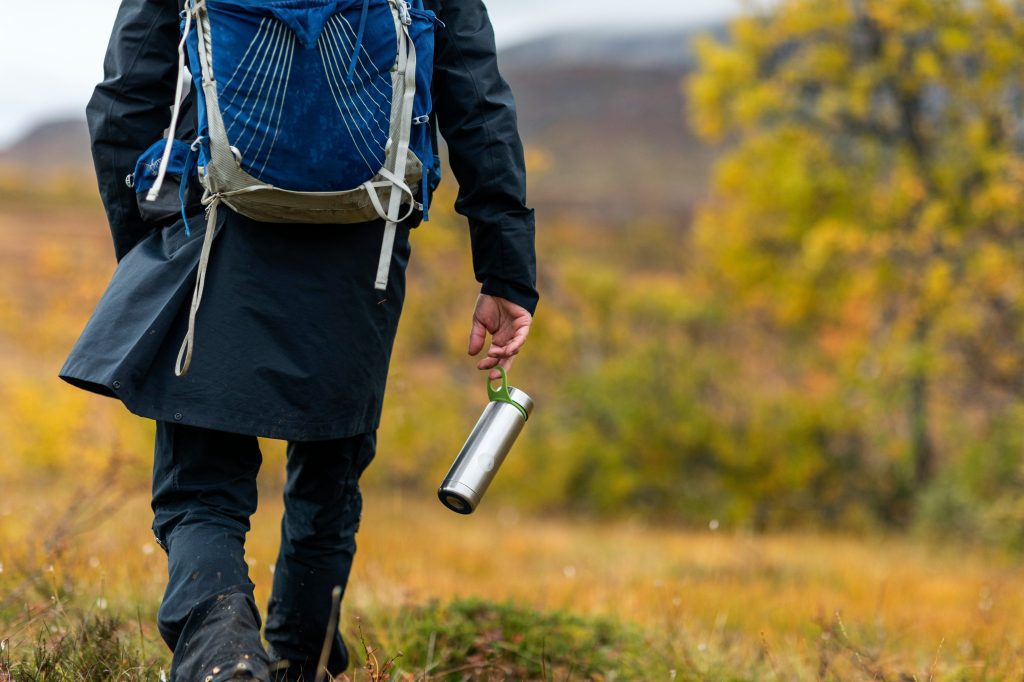
Pre-workout hydration
Hydration doesn’t happen instantly; it takes time for your body to absorb fluids. Drink regularly throughout the day and aim to consume about 450 ml of fluid in the two to four hours before exercising. If you still feel thirsty, drink more water.
During workout hydration
Always bring a water bottle when you exercise. Dehydration lowers energy levels, making it harder to reach your fitness goals. It’s better to drink small amounts frequently rather than large amounts infrequently. How much you need to drink depends on several factors:
- Size: Larger individuals typically sweat more.
- Fitness level: Fitter people sweat more and sooner during exercise.
- Environment: Hot, humid conditions increase sweat.
- Exercise intensity: The harder you work out, the more you sweat.
Listen to your body. If you’re thirsty, drink immediately—your body is signaling that it needs more fluids. To determine how much you need to drink, you can calculate your sweat rate:
- Weigh yourself before and after exercise (ideally first thing in the morning after using the toilet).
- Compare the numbers.
- For every kilogram of weight lost, drink about 1.5 litres of fluid.
Post-workout hydration
You’ll likely be thirsty after your workout. Replenishing fluids helps muscles recover and reduces recovery time. Water is usually sufficient unless you’ve had an intense or long workout (more than an hour). Drink until your urine returns to a hydrated colour.
Tips for staying hydrated
- Avoid alcohol: It can dehydrate you further.
- Sports drinks: Generally not necessary unless you’re exercising intensely for more than an hour. They can be helpful as they contain carbohydrates and electrolytes.
You can even make your own sports drink: mix 800 ml of water with 200 ml of squash (not the low-sugar kind).
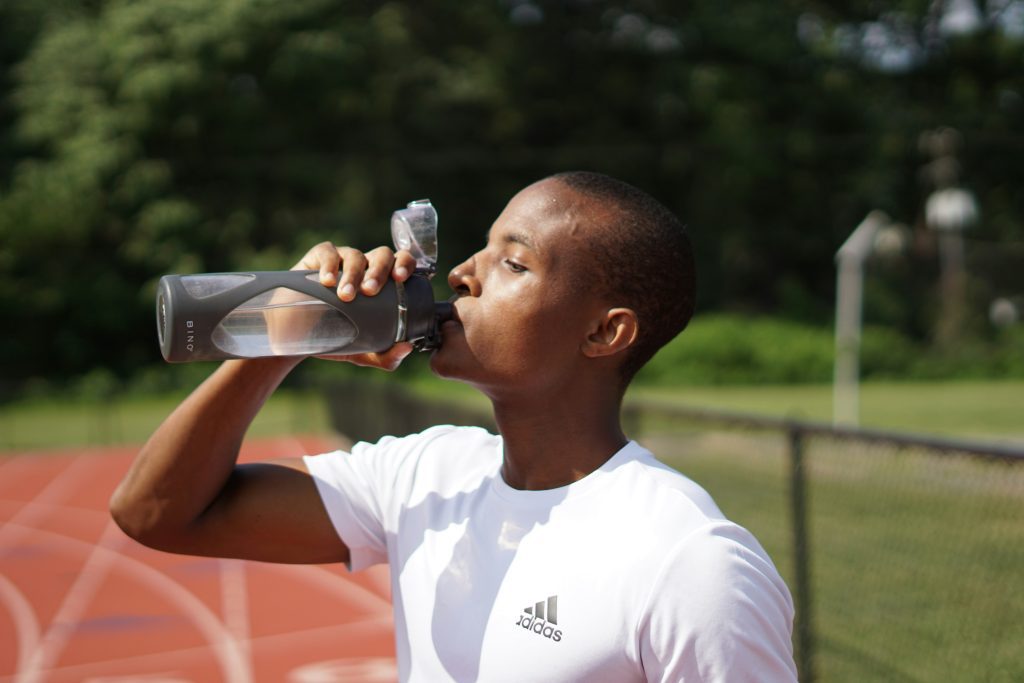

Can you drink too much water?
Yes, drinking excessively can lead to hyponatremia, a rare condition where your body’s salts become diluted, causing cells to swell. Symptoms include bloating, headache, confusion, nausea, and in severe cases, seizures, unconsciousness, or death. If you experience these symptoms, seek medical help immediately.
To prevent this, know your sweat rate and track your fluid intake, especially if you’re using a refillable bottle.
By following these tips, you can ensure you stay properly hydrated, maximize your workout performance, and maintain your overall health.
Check out our top 3 machines for home gym!
Commercial SMART Treadmill C-99
- Motor: 3.5HP
- Incline: automatic, up to 15%
- Speed: up to 20kmph
- Running surface: 58 x 145cm / 23 x 57 inch
- Maximum user weight: 150kg
The Commercial SMART Treadmill C-99 brings home gym equipment to the next level. This next generation, commercial-grade model comes with all of the features you would expect in a robust treadmill: hydraulic folding system, wheels for easy movement, self-lubricating system for zero maintenance, 16-inch screen with a multimedia player, and much more. The 3HP motor allows you to achieve high speeds but more importantly, it guarantees that your motor will not be under pressure even when used frequently, hence ensuring a long life span. Pre-set workout programs make planning your run a breeze, and the automatic incline allows you to simulate hills without any set-up hassle.
Commercial Exercise Bike B-55
- Flywheel: 20kg
- Levels of resistance: 32 levels
- Maximum user weight: 150kg
- Bluetooth: no
Introducing the B-55 – a sleek, commercial-grade exercise bike. With magnetic resistance, 32 motorised levels and 17 pre-set program profiles, it offers a versatile scope of workouts both at home and in a gym setting. The console lets you see all the vital workout information at a glance – including time, speed, distance travelled, RPM (rotations per minute), calories burned, pulse and more. The non-rust aluminium body and transportation wheels make caring for the exercise bike and moving it around a breeze, while rubber adjustment feet protect your floors from scratches. Supporting weights of up to 150kg, this bike is a robust workout companion for any aspiring cyclist.
SMART E-77 Magnetic Cross Trainer
- Resistance System – Electric Magnetic Brake
- Extra Large Pedal – 136*360mm
- Skid-proof Pedal
- Console functions – Time, Speed, Distance, RPM, Calories, Recovery, Pulse, Body Fat, 12 Program Profiles, USB (Charger), Watts
- Built-in Heartrate monitor
- Dial Control Function
- A Bluetooth function that works with the following apps – Fitshow, Zwift, Kinomap
- Tension levels – 32 motorised levels
- Two-way Fly wheel – Two-way transmission flywheel, for a better user experience
- Flywheel – 7kg or 15.5lbs
- U-shaped fixed handlebars with a pulse sensor
- Transportation wheels – Easy to move and will not damage flooring
- Rubber adjustment feet – Suitable for all kinds of floors, stable and does not damage flooring
- Step distance – 381mm
- Console -LCD
- Crank – 15″, 3PCS
- Sleek and modern design commercial cross trainer

